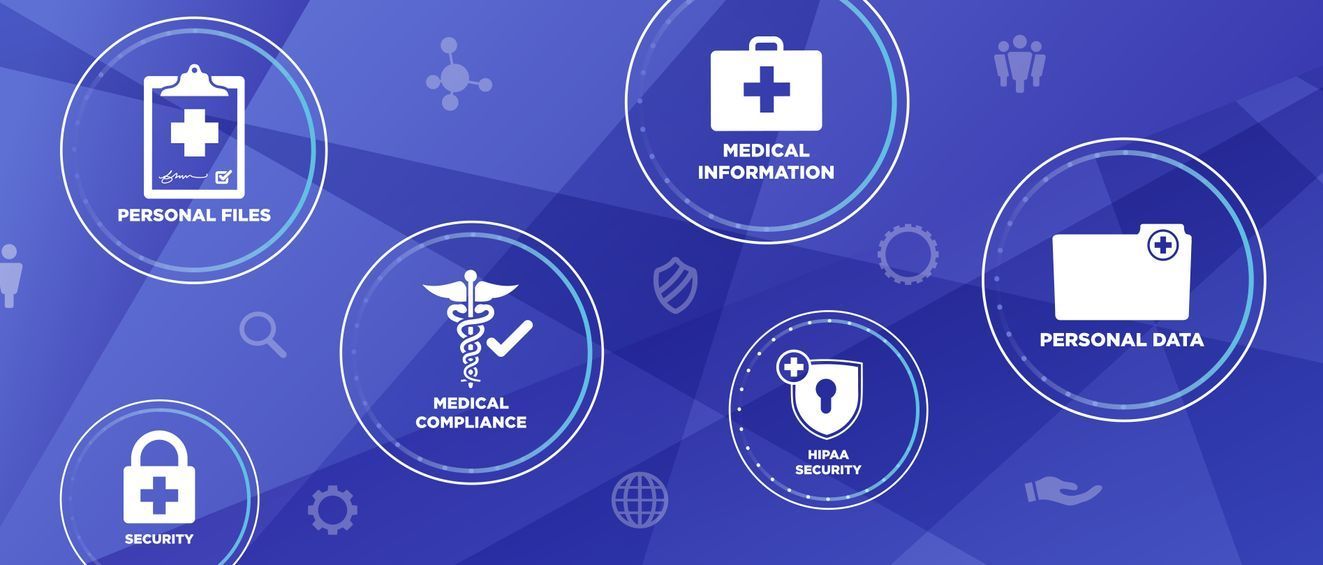How to File your Taxes: All the Taxes your Business Must Pay

Filing tax returns is an essential part of running a business.
Since failure to pay tax before the deadline attracts specific penalties, it is essential that you know the form of tax you need to pay and how to file business taxes.
Income Tax
Businesses in the United States pay federal, state, or local income taxes on their net income. Therefore, to know how much you should pay as income tax, you need to calculate the net income of your business. For the 2021 tax year, the Federal income tax bracket is between 10-37%, according to the IRS, while state and local income taxes vary, though they are lower than Federal income taxes. More importantly, the higher the business income, the higher the taxes paid on them. That is, your taxable income determines your tax bracket.
Employee Payroll Taxes
If you have people you employ in your business, you need to pay employee payroll taxes. In addition to income taxes, employers also have to pay taxes on behalf of their employees. It is paid in part from tax withholding which constitutes a large chunk of payroll taxes, while the business owners pay the rest. Employee payroll taxes include; 7.65% income, 6.2% social security, and 1.45% Medicare. These are collectively called FICA.
Self-Employment Taxes
Sole proprietors without employees must pay self-employment taxes. Self-employment tax is 15.3% which is equivalent to the tax returns on an employee. Self-employment tax is usually paid using estimated tax.
How to File Business Tax Returns
You can hire professional tax returns preparers to file your tax for you or do it yourself. To personally file your business tax returns, follow these steps:
Have your Business Record and Books in Order
Depending on the class of business you run, the primary record you need includes Employee Identification Number (EIN), Personal information, and tax returns from the previous year. You will also need a journal that contains your business transactions in paper or electronic form. Since your journal has your daily expenses and receipt, ensure you keep an updated daily record. Remember that only the money you have received and not the one owed you are taxable.
File your Tax Returns Online (e-filing)
After you have chosen and fill the appropriate form based on the type of business you operate, you can file your business tax returns online. Most small businesses fill out Schedule C attachment form, but if you do not know the category your business belongs, you can find the suitable form for your business on the IRS website. It is more advantageous to file your business tax return online, which is also known as e-filing. This is because, using e-filing is faster and safer.
You can enjoy business tax deductions and credit from your tax returns as a business owner. A business tax deduction may include; daily running cost, startup cost, and money spent on raw materials.
What happens if you do not file your tax return on time?
There are different deadlines for different categories of tax returns, but in the United States, the tax year typically ends on May 15 although, there are sometimes extensions. A failure-to-file penalty should not exceed 25% of the balance due, but generally it is 5% of the balance due.
Conclusion
Filing tax returns from your business can be complex if you have to do it by yourself. Therefore, you need to know the kind of taxes to pay and how to file business taxes.



